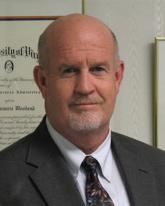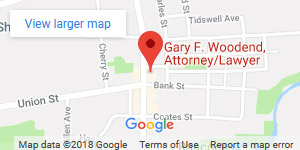CONDITIONAL DISCHARGE
A Conditional Discharge is designed to give first time, minor drug offenders a break. It’s a slap on the wrist, with fees and costs in the neighborhood of $1,000. They don’t call them “fines” because there is not conviction of a crime, and no admission of guilt. When you request a conditional discharge, make sure you specify that you are doing so without an admission of guilt, and without any loss of driving privileges. It really is best not to try to do this on your own. It is easy for an experienced attorney, but not so easy for someone new the criminal justice system.
Essentially, the case is put on hold for one year. If you pay the “fees” and stay out of trouble for the next year, you will not have to face a criminal conviction. After being granted the conditional discharge by the court, and you are later asked on a job application if you have ever been convicted of a crime or a drug offense, you can legally answer “NO.” That will be quite a relief to you. But not so much as you think.
What if your prospective employer, or college application asks if you were ever arrested? How do you answer that? The conditional discharge avoids the conviction, but what about the arrest?
The unfortunate answer is that the arrest, even after successfully being granted a conditional discharge, remains on your criminal record. Is that fair? Probably not, but life is not always fair.
So, what can you do about it? Call us. We can probably help. If your record is otherwise clean, and your year is up, it is pretty likely that we can get your arrest record expunged. Thereafter, if an employer asks you if you were ever arrested, you can confidently answer, “NO!” and that is a great thing.





Speak Your Mind